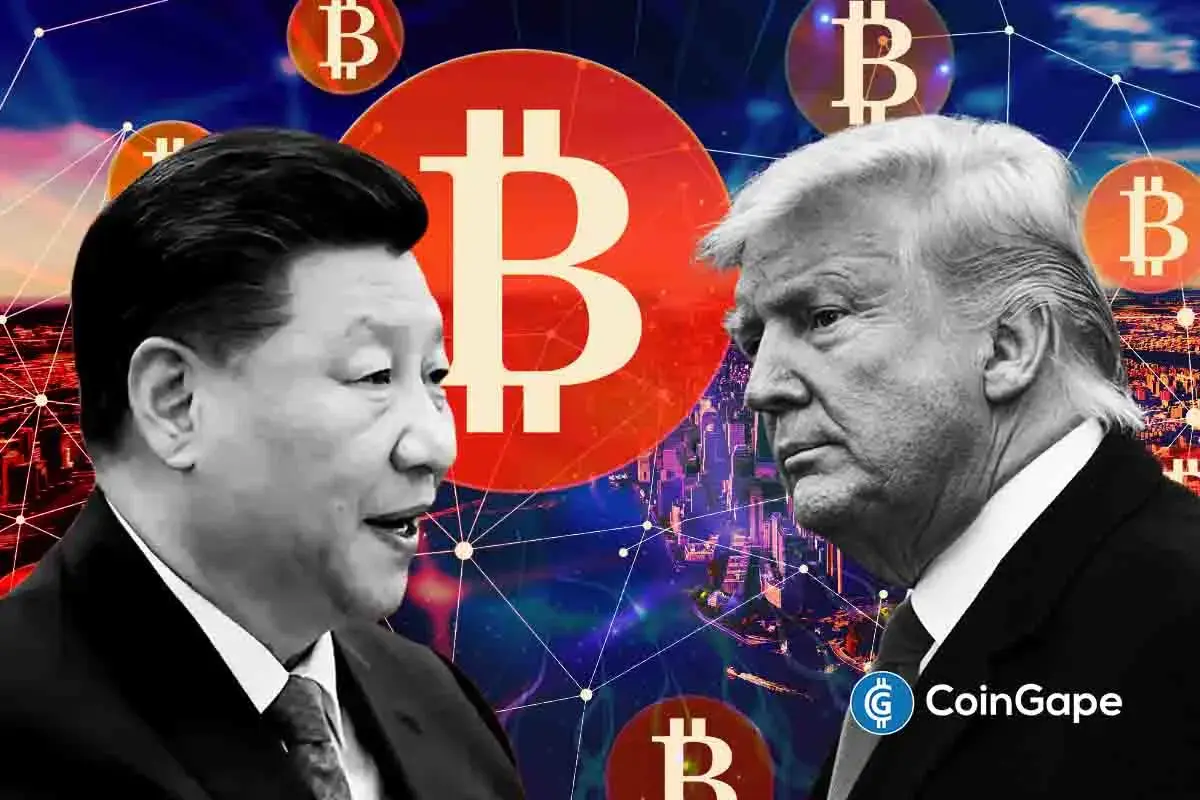President Donald Trump has announced the official signing of a new trade agreement with China, marking a significant moment in international relations as global economies seek to stabilize post-pandemic supply chains and inflationary pressures.
While the full details of the agreement remain undisclosed, early signals suggest the deal will focus on easing restrictions on key exports—particularly rare earth elements, which are essential for modern electronics and electric vehicles. The move comes just days before the expiration of a global 90-day tariff moratorium, raising hopes that broader trade barriers may also be reconsidered in upcoming negotiations.
In tandem with these developments, Trump hinted at a possible follow-up trade agreement with India, suggesting a reshaping of U.S. strategic trade alliances ahead of the next G20 summit.
Amidst these diplomatic advances, financial markets are also responding to a bold statement from crypto entrepreneur Changpeng Zhao, better known as CZ, the founder of Binance, one of the world’s largest cryptocurrency exchanges.
In a viral post, CZ claimed the future “American Dream” will not revolve around home ownership, but rather owning 0.1 Bitcoin (BTC). He suggested this small share of the flagship digital currency may eventually surpass the median value of a home in the United States (median U.S. home value).
These remarks come amid rising institutional recognition of Bitcoin as a legitimate financial asset. A senior official from the White House recently described Bitcoin as “digital gold”—a reference to its scarcity and function as a store of value—and asserted that it is in the best interest of the United States to accumulate as much BTC as possible.
Supporting that narrative, the Director of Digital Assets confirmed that the federal government aims to pass comprehensive legislation governing cryptocurrency by September 2025. The proposed law will clarify the regulatory status of digital assets, including whether they are treated as securities or commodities, provide rules for stablecoins, and improve oversight of crypto trading platforms such as Coinbase.
Also Read; British, Singapore Airlines Cancel Dubai Flights After Strikes
This legislation is part of a broader global shift toward responsible crypto regulation. Many experts argue that such frameworks are essential to reduce fraud, protect consumers, and attract long-term investment into the blockchain sector.
In another major move, GE Appliances, a historic American manufacturer, announced a $490 million investment to relocate significant portions of its production operations from China back to Kentucky, USA. The shift reflects ongoing efforts to reduce reliance on overseas supply chains and stimulate domestic job growth.
Simultaneously, the European Union is reportedly considering lowering tariffs on U.S. imports, a gesture seen as part of a broader strategy to deepen transatlantic economic cooperation amid growing competition with China’s Belt and Road Initiative.
As traditional economies realign and digital finance gains legitimacy, the current moment represents a turning point for global capitalism. With legacy institutions like the Federal Reserve navigating inflation and interest rate uncertainty, and digital pioneers pushing for decentralized systems, the tension between old and new financial paradigms is more visible than ever.
Whether Bitcoin will indeed become the new “digital real estate,” or whether trade diplomacy will cement a new era of cooperation, remains to be seen. But for now, both policymakers and investors seem aligned: the world’s financial future will be forged not just in boardrooms—but on the blockchain.







